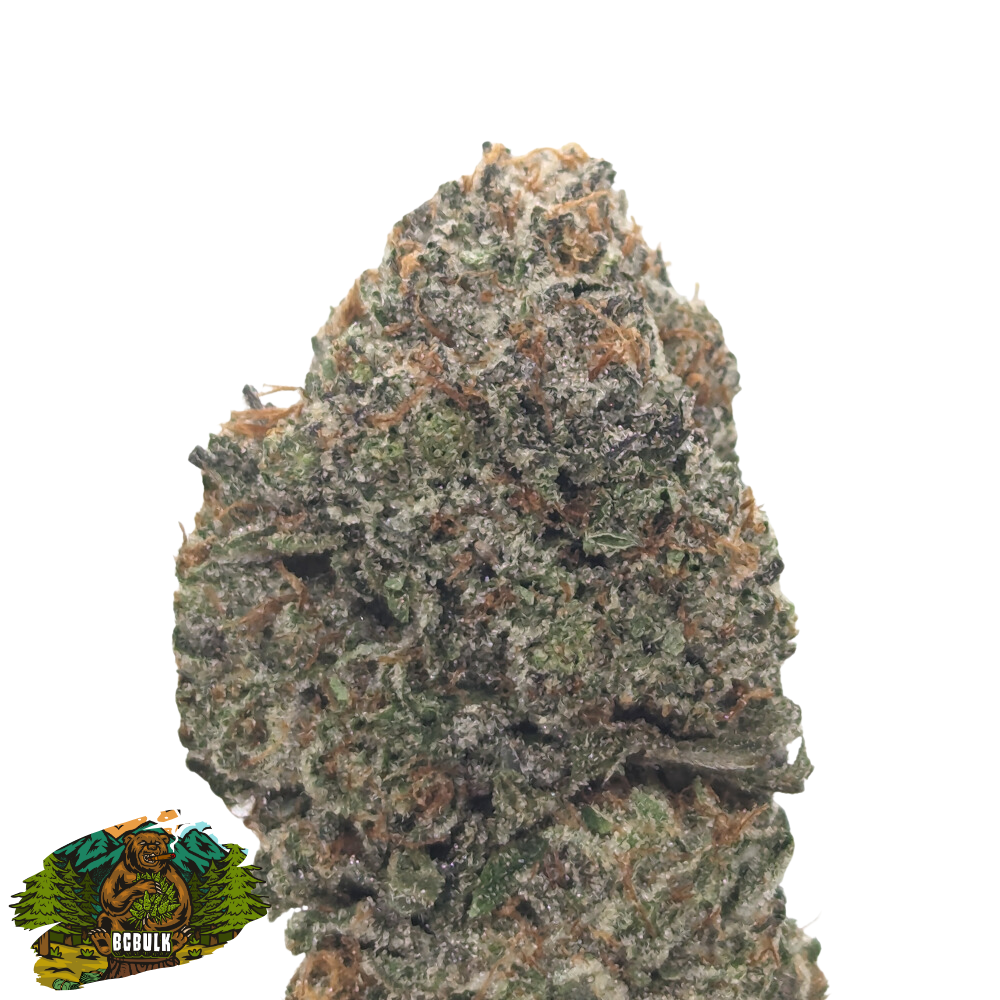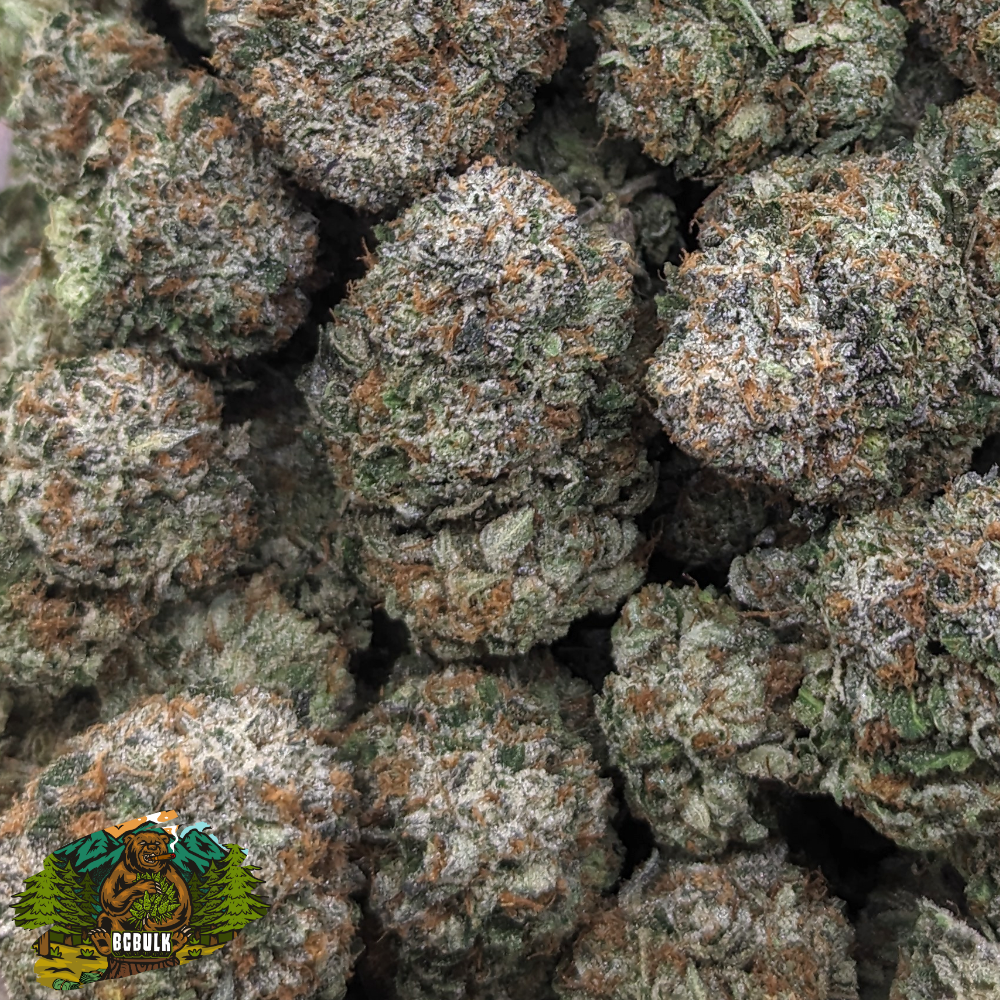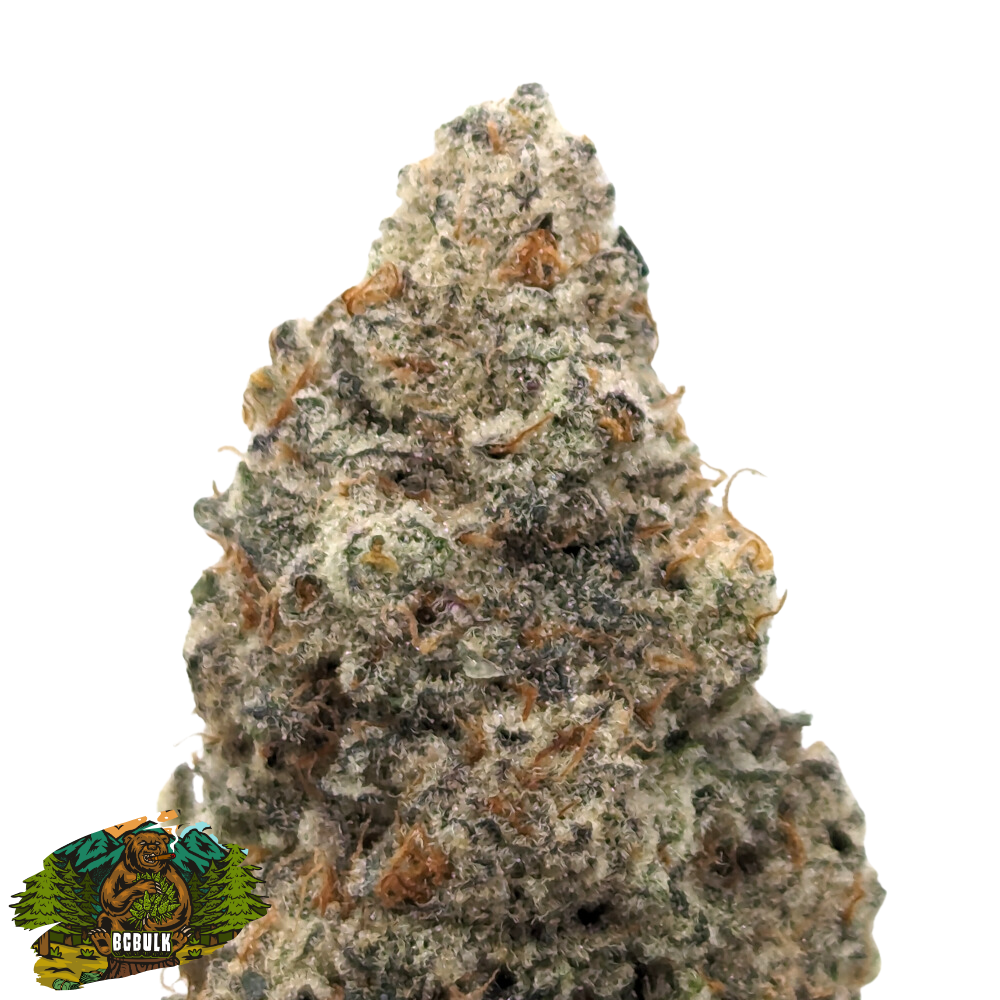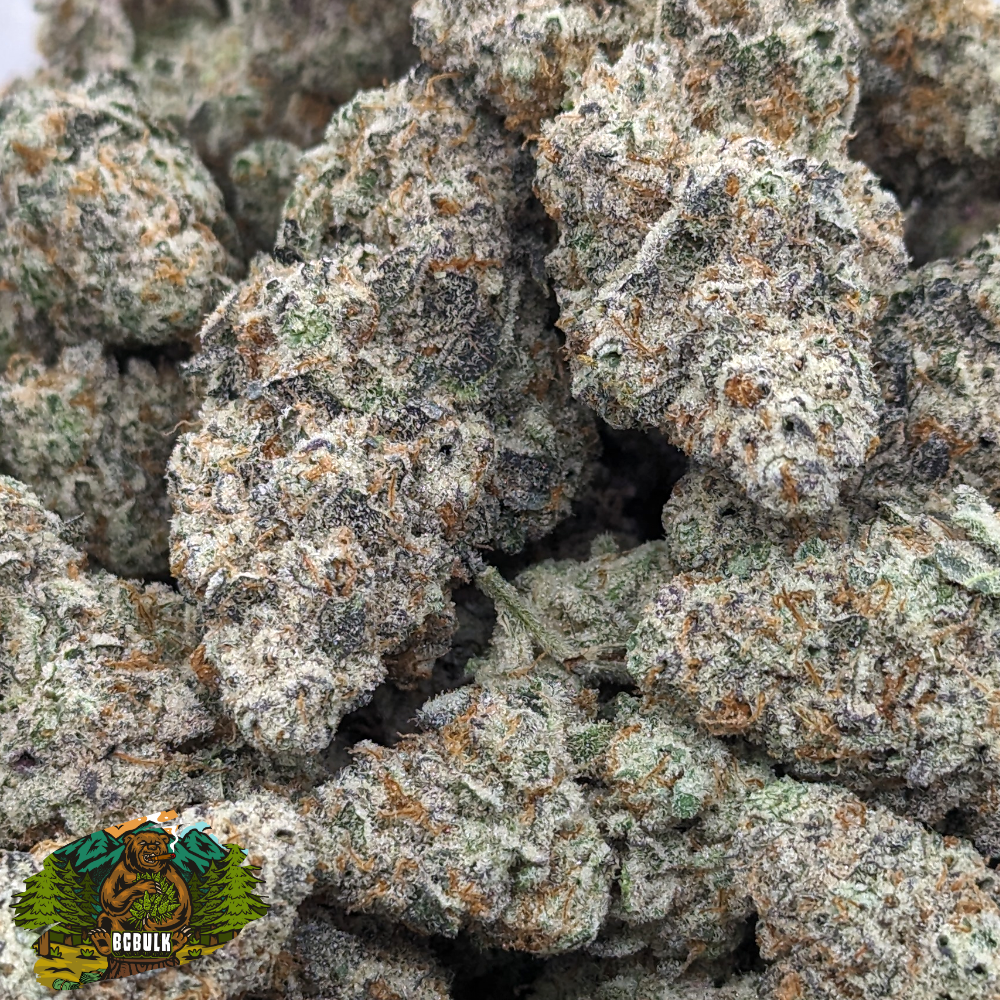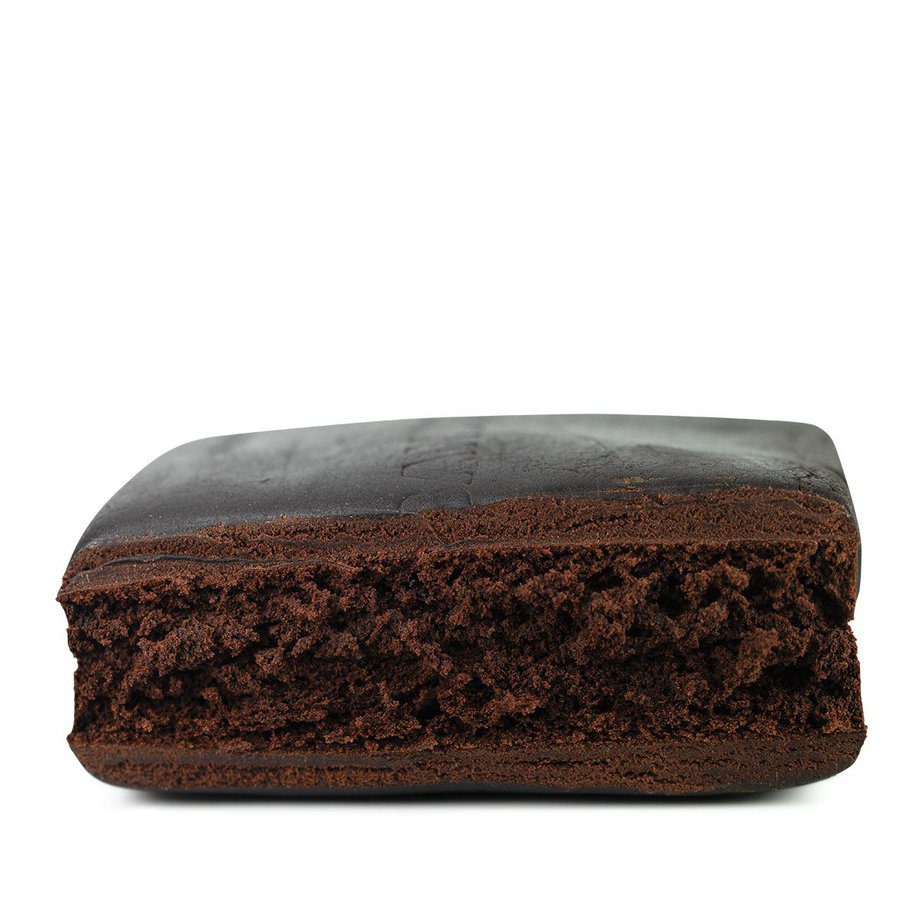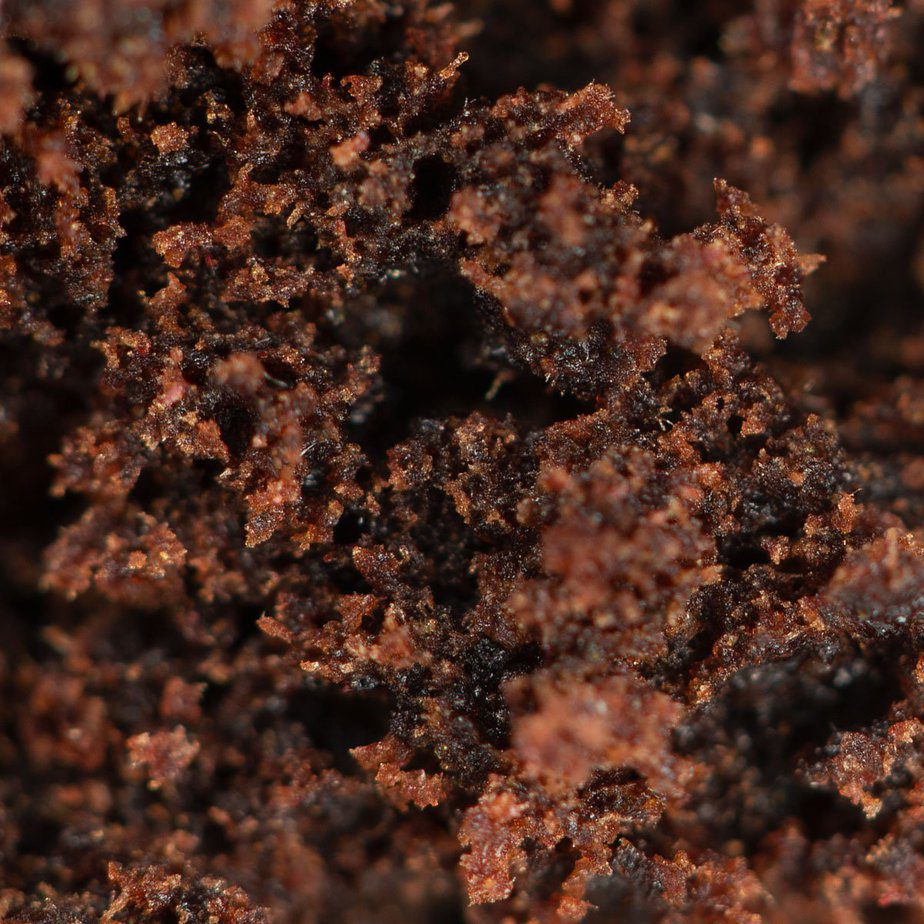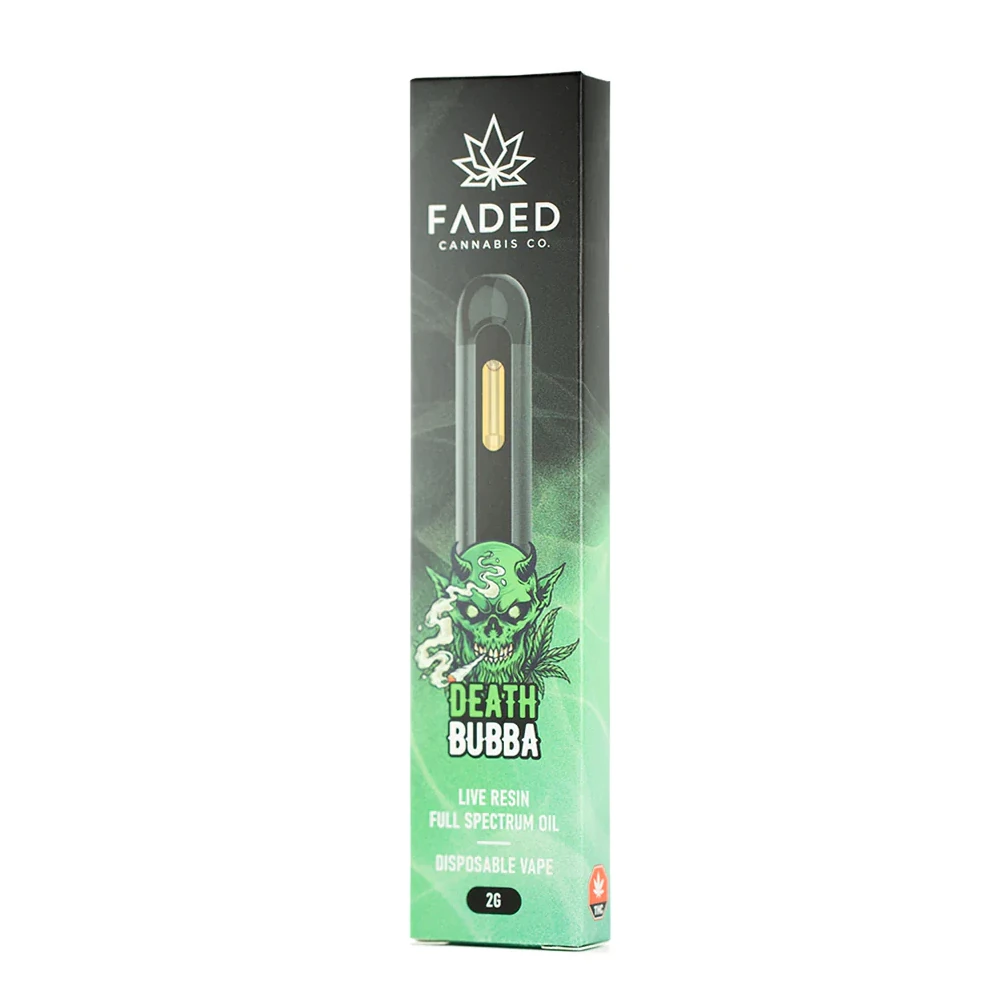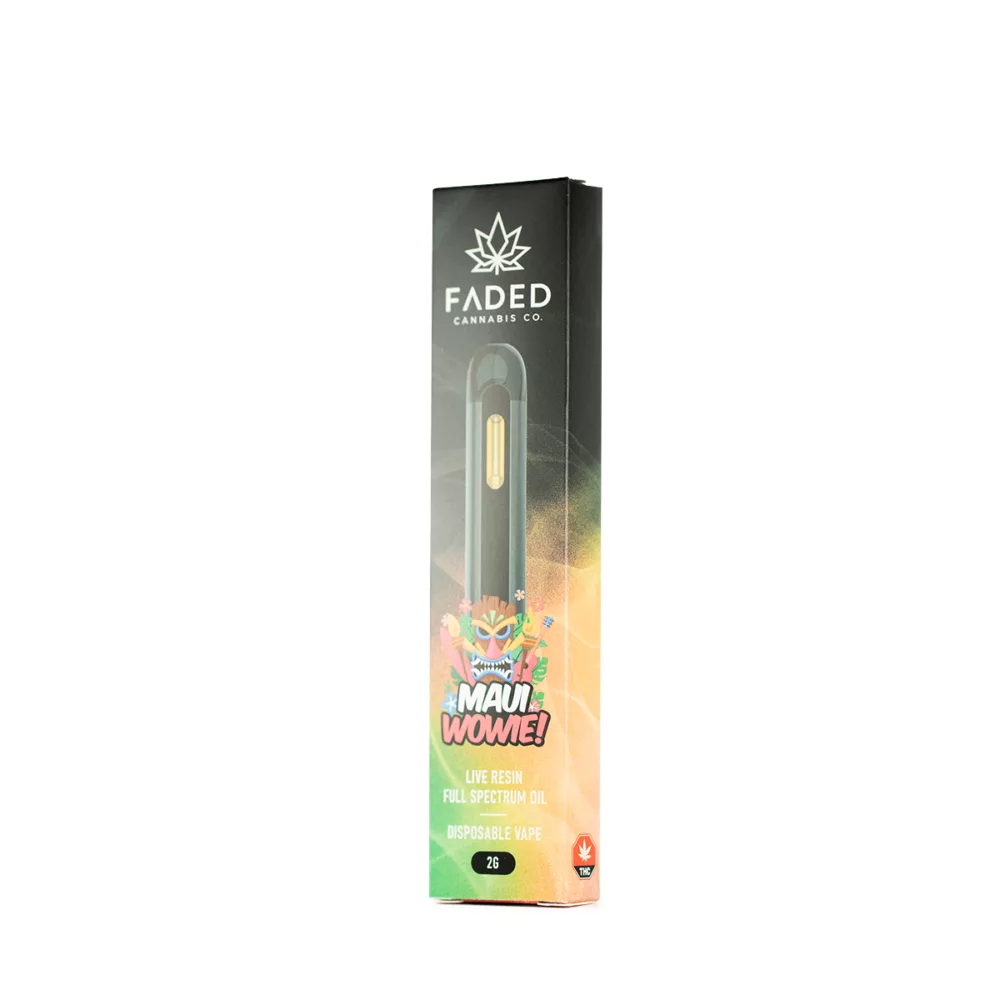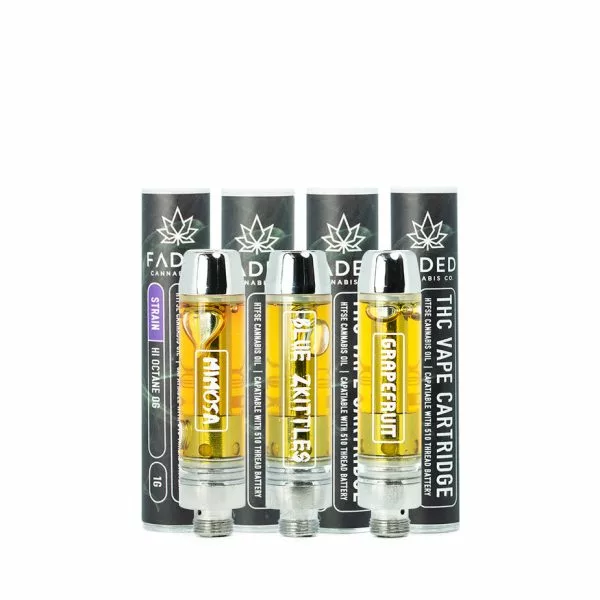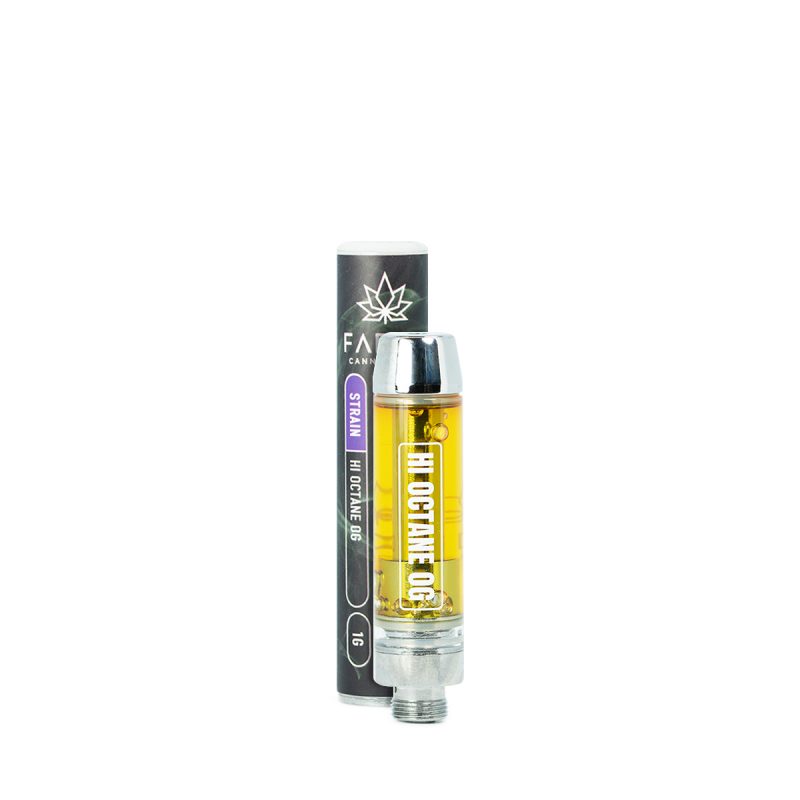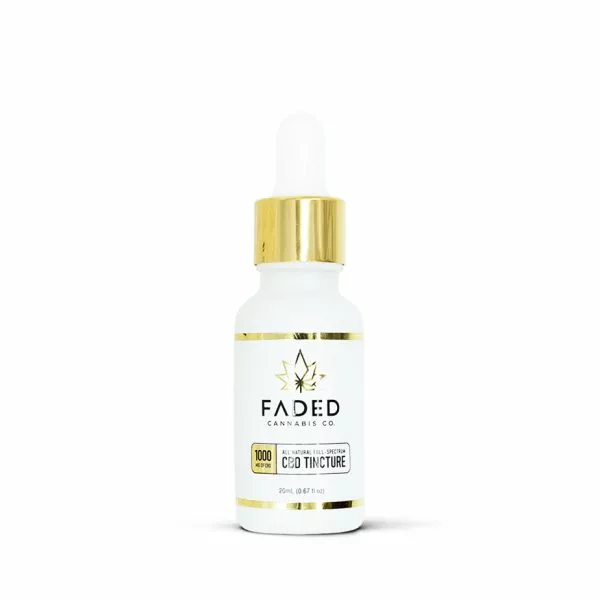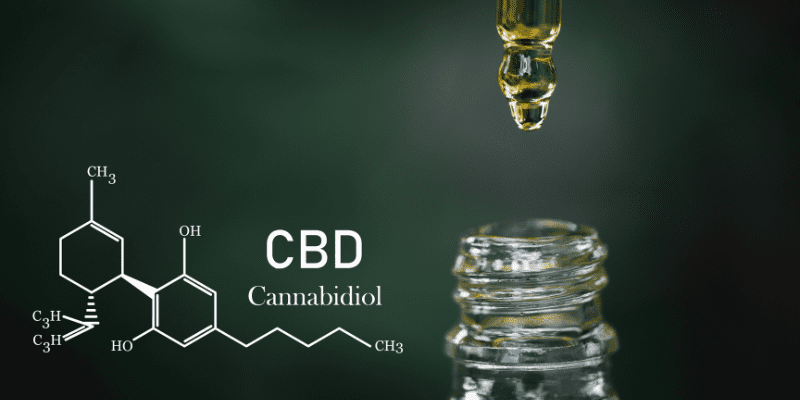| Tier | Subtotal | Items |
|---|---|---|
| 1 | $199-300 | 1 Item |
| 2 | $300+ | 1 Premium Item |
CBD
How Long Does CBD Stay in Your System
Cannabidiol, commonly known as CBD, has surged in popularity as a wellness product for its purported therapeutic benefits. CBD is utilized to potentially manage various conditions such as anxiety, pain, and insomnia. As its use becomes more widespread, consumers are naturally concerned about how long CBD remains in their system after consumption. This duration can be influenced by several factors, including the dosage taken, frequency of use, and the individual’s metabolism.
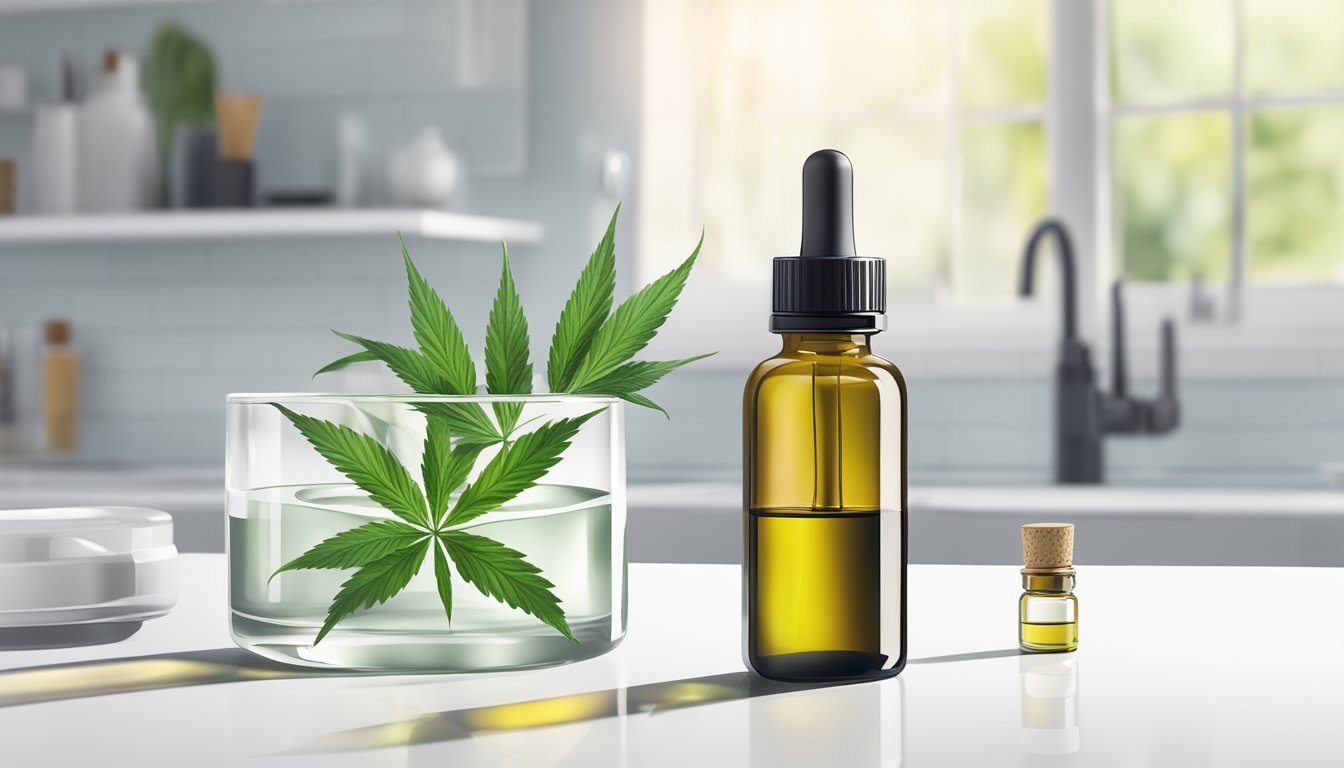
The detectability of CBD in the body is contingent upon the type of test administered. Typically, CBD can stay in one’s system for days or even weeks. Blood tests may detect CBD for up to several days, while urine tests can show traces for several weeks. Hair follicle tests have a much longer detection window, potentially up to several months.
Understanding the persistence of CBD in the body is important for those who are subjected to drug screenings or are concerned about potential interactions with other medications. It is essential for users to be aware of how their bodies process CBD and to recognize that individual experiences may vary depending on a multitude of personal health factors.
What Is CBD?
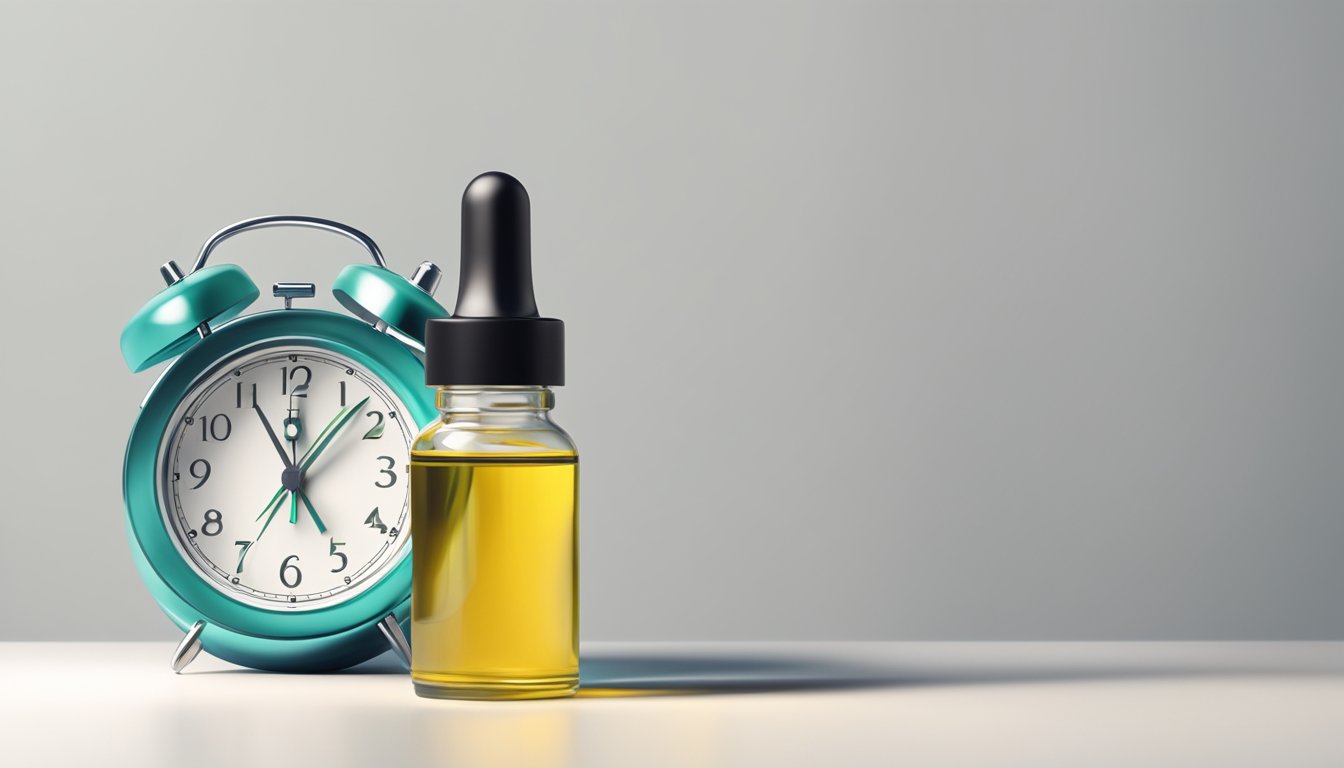
Cannabidiol (CBD) is one of the many compounds found in the cannabis plant. It has garnered attention for its potential therapeutic benefits without the psychoactive effects typically associated with marijuana.
Understanding CBD
CBD is a non-psychoactive chemical compound, which means it does not produce the “high” associated with cannabis that is caused by tetrahydrocannabinol (THC). It interacts with the body’s endocannabinoid system, which regulates various physiological processes, including pain, mood, and sleep. The effects of CBD on this system are believed to be responsible for its potential health benefits.
- Interaction: CBD works by interacting with cannabinoid receptors in the body’s endocannabinoid system.
- Legality: The legal status of CBD can vary; it is important to check local laws.
- Uses: People use CBD for conditions like anxiety, chronic pain, and insomnia.
Sources of CBD
CBD is derived from the hemp plant, a variety of the Cannabis sativa species that is grown specifically for industrial and therapeutic uses. It is important to note that hemp plants are bred to contain low levels of THC. CBD can be extracted in various forms and is available in a range of products.
- Hemp Plant: The primary source of CBD, specifically cultivated to have low THC content.
- Extraction Forms:
- Oils: Concentrated liquids that contain CBD.
- Tinctures: Solutions made by soaking cannabis flowers in alcohol or vinegar.
- Edibles: Food products infused with CBD.
- Topicals: Creams and lotions for application on the skin.
- Products: CBD products include oils, edibles, tinctures, capsules, and topicals.
CBD Absorption and Metabolism
Cannabidiol (CBD) undergoes specific processes within the body related to its absorption and metabolism, which determine its duration in the system. Various factors can influence how CBD is absorbed and how quickly it is metabolized and eliminated.
How CBD Is Processed by the Body
When CBD enters the body, it is absorbed into the bloodstream, where it begins its journey to the liver via the portal vein. In the liver, it is metabolized primarily by the family of enzymes known as cytochrome P450 (CYP450). The metabolism of CBD involves hydroxylation to form 7-hydroxy-CBD and subsequent oxidation to 7-carboxy-CBD, which has significantly less activity.
- Pathway: Portal vein → Liver → Metabolism by CYP450 → Hydroxylation & Oxidation
- Byproducts: 7-hydroxy-CBD, 7-carboxy-CBD
The rate and extent of CBD absorption and subsequent metabolism can affect how long CBD stays in the system.
Factors Affecting Absorption
The absorption of CBD into the bloodstream can be influenced by several aspects, such as:
- Method of Administration: Oral, inhalation, sublingual, or topical.
- Oral: Slow absorption, undergoes first-pass metabolism.
- Inhalation: Rapid absorption, bypasses first-pass metabolism.
- Sublingual: Fairly quick absorption, partial avoidance of first-pass metabolism.
- Topical: Slow and steady absorption, localized effect.
- Bioavailability: Refers to the fraction of an administered dose of unchanged drug that reaches systemic circulation, which varies by method of administration.
- Dosage and Concentration: Higher doses and concentrations may increase the time CBD stays in the bloodstream.
- Food Intake: Taking CBD with certain foods can enhance its bioavailability.
- Physiological Factors: Age, body composition, and metabolic rate can all affect how quickly CBD is absorbed and metabolized.
It is important for users to consider these factors as they can significantly impact the presence and effectiveness of CBD in their system.
Detection Window of CBD
The length of time CBD remains detectable in the body can vary greatly depending on several individual factors and the type of drug test used.
Variability of Detection Times
The detection window for CBD can range from a couple of days to several weeks. Key factors that influence this time frame include:
- Frequency of Use: Occasional users may clear CBD more rapidly than regular users.
- Dosage: Higher doses may lead to a longer presence in the system.
- Body Composition: Body fat percentage can affect CBD retention, as CBD is lipophilic.
- Metabolism: A faster metabolism can shorten the detection window.
- Quality of Product: Full-spectrum products may contain trace amounts of THC, potentially extending the detection window.
Common Testing Methods
There are various testing methods to detect CBD in the body, each with different detection windows:
- Urine Testing: Detects CBD metabolites for 2 to 5 days after use for occasional users, up to 15 days or more for regular users.
- Blood Testing: Generally only detects CBD for up to 24 hours after use.
- Saliva Testing: Can detect CBD for approximately 24 hours after use.
- Hair Follicle Testing: Has the longest detection window, potentially up to 90 days; however, it’s less common for CBD detection due to its low specificity.
Factors Influencing Duration in the System
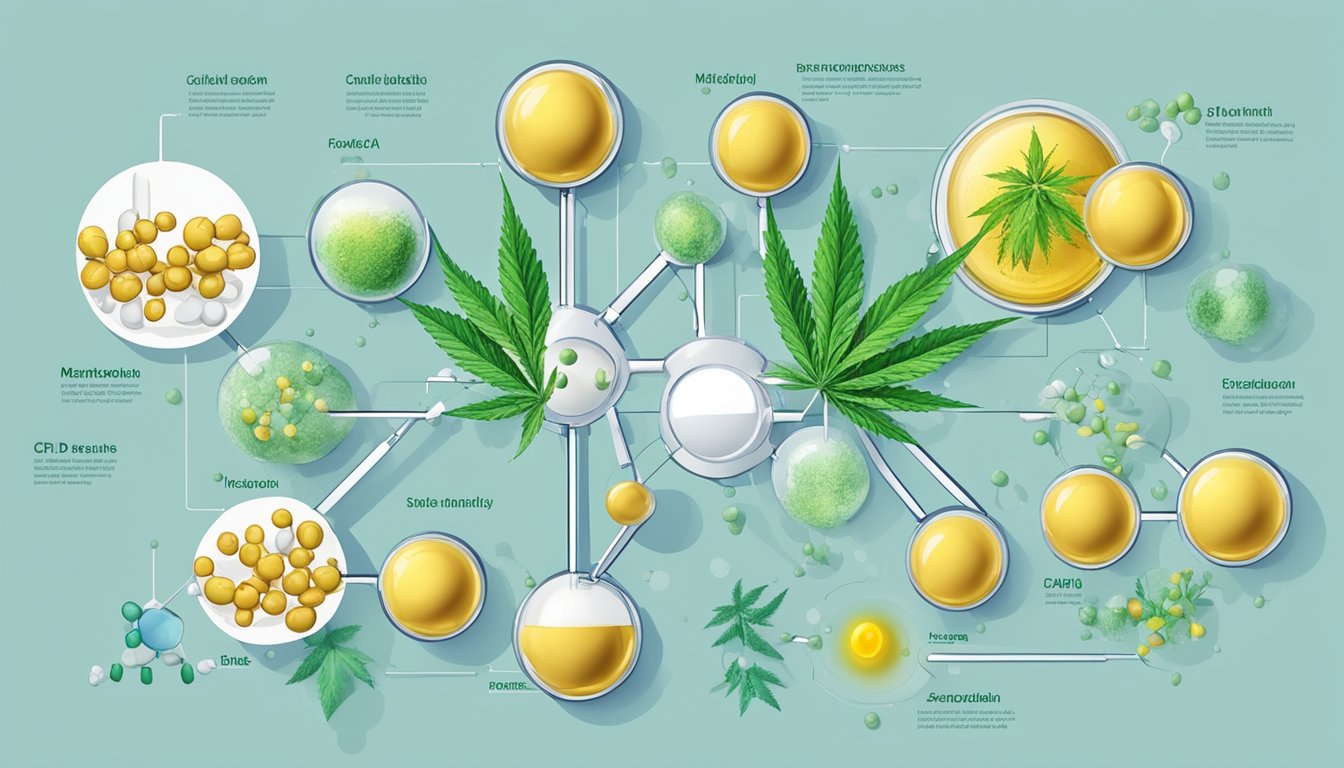
Several factors determine how long CBD remains detectable in the body. Understanding these can guide expectations and inform usage patterns.
Dosage and Frequency
- Dosage: Higher doses of CBD are likely to stay in the system longer. The body requires more time to metabolize and eliminate larger amounts of the substance.
- Frequency: Regular use results in accumulation, potentially extending the duration CBD can be detected in the body.
Individual Metabolism
- Metabolic Rate: Individuals with faster metabolisms will process and eliminate CBD more rapidly than those with slower metabolic rates.
- Health of Metabolic Pathways: The efficiency of the liver and the health of the cytochrome P450 enzyme system, which is responsible for metabolizing many compounds, including cannabinoids, also affect how long CBD stays in the system.
Other Personal Factors
- Age: Older adults may metabolize substances more slowly, leading to a longer duration of CBD in their systems.
- Body Composition: Body fat percentage can influence CBD retention since cannabinoids are lipophilic, meaning they bind to fats.
- Hydration and Diet: Proper hydration and certain dietary habits can facilitate faster metabolism of cannabinoids like CBD.
CBD Elimination from the Body
Cannabidiol (CBD) elimination from the body is determined by various physiological processes. Understanding these processes is crucial for comprehending how long CBD remains detectable.
Biological Pathways of Elimination
CBD is metabolized in the liver by enzymes, primarily cytochrome P450 (CYP450) isoenzymes, before being excreted. The metabolites of CBD are eliminated through the kidneys in urine or in feces through the bile. Factors influencing the rate of elimination include the individual’s metabolism, the dosage and form of CBD taken, frequency of use, and body composition.
- Metabolism Rate: Faster metabolism leads to quicker elimination.
- Dosage and Form: Higher doses and certain forms of CBD may take longer to process.
- Frequency of Use: Regular users may experience slower elimination due to accumulation.
- Body Composition: Higher body fat percentage can retain CBD longer.
Impact on Drug Testing
When considering how CBD is treated in drug screenings, it is important to understand that most tests are not designed to detect CBD but rather to identify THC, the psychoactive compound in cannabis. However, the presence of THC in some CBD products may still lead to positive test results.
CBD in Workplace Drug Tests
In workplace drug testing, the primary concern is the detection of THC. Employers typically use urine tests to screen for drugs, which look for THC metabolites. CBD itself is not targeted in the majority of drug tests because it is not intoxicating and is legal in many areas.
Detection Window:
- Urine tests: THC can be detected for 3 to 30 days, depending on frequency of use.
- Blood tests: THC is typically detectable for 1 to 2 days, but may remain for longer in habitual users.
- Saliva tests: THC may show up in saliva for approximately 24 to 72 hours.
- Hair tests: THC metabolites might be detectable for up to 90 days.
Factors Influencing Detection:
- Frequency of use: Regular consumers have longer detection windows.
- Body composition: Individuals with higher body fat may retain cannabinoids longer.
- Potency of product: Products with higher THC content are more likely to yield a positive result.
- Product type: Full-spectrum CBD products can contain THC, whereas isolate or broad-spectrum products typically do not.
It is important for individuals to be aware of the type of CBD products they are using and to consider the possibility of THC content if they are subject to drug testing. Products labeled as “THC-free” may be a safer choice for those concerned about drug tests. Additionally, employers and test administrators should understand the limitations and specifics of their drug screening methods to avoid confusion and false positives related to CBD consumption.
Frequently Asked Questions
Understanding the specifics of CBD’s stay in the system and its detectability is crucial for individuals using CBD products. The following questions and answers provide concise information based on current knowledge.
What is the duration of CBD’s presence in urine after consumption?
CBD’s detectability in urine can vary depending on several factors such as frequency of use, dosage, and individual metabolism. Typically, CBD can be traceable in urine for 2 to 5 days after use, but can remain detectable for up to 15 days or more in frequent users.
How quickly does CBD oil take effect once administered?
The onset of effects from CBD oil can occur within 15 to 30 minutes when taken sublingually. The delivery method affects onset time with inhaled methods typically being faster and ingestion through edibles being slower.
Will CBD be detectable on a standard 10-panel drug screening?
A standard 10-panel drug test does not typically check for CBD. These tests are designed to detect THC, the psychoactive component in marijuana. However, some CBD products may contain trace amounts of THC, which could potentially be detected.
What methods can accelerate the elimination of CBD from the system?
Hydration, an active lifestyle, and a high-fiber diet may assist in speeding up the elimination of CBD from the body. However, the body’s natural metabolism plays the most significant role in how quickly CBD is expelled.
How long can one expect the effects of a CBD gummy to last?
The effects of a CBD gummy generally last between 4 to 6 hours. However, this duration can be influenced by factors like the individual’s body weight, metabolism, and the gummy’s CBD concentration.
Is it possible for CBD intake to result in a failed drug test?
Pure CBD should not result in a failed drug test, as tests typically look for THC. But, if a CBD product contains enough THC and is consumed in large enough quantities, it could, theoretically, lead to a positive drug test.
